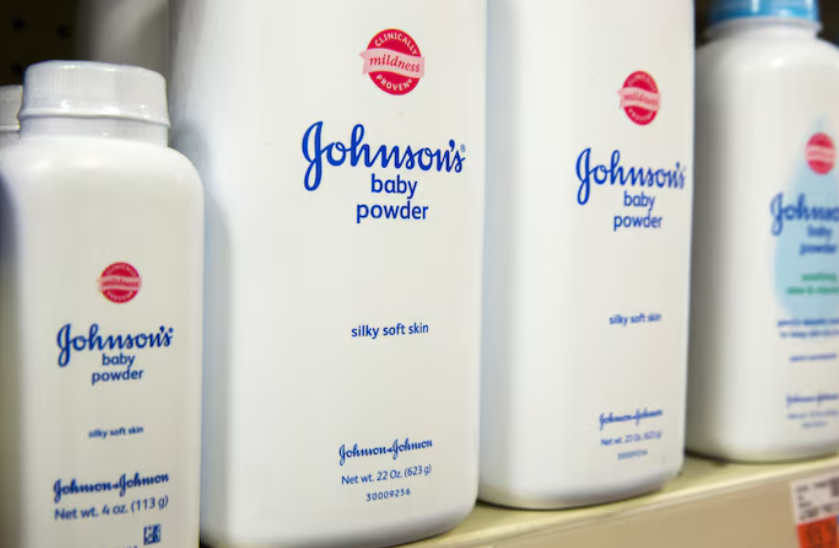A Johnson & Johnson subsidiary began its third attempt at a multibillion-dollar bankruptcy settlement Monday, facing immediate contention. The settlement aims to end tens of thousands of lawsuits claiming the company’s baby powder and other talc products caused cancer.
Attorneys representing cancer victims condemned the bankruptcy as a sham during the first court hearing. They urged U.S. Bankruptcy Judge Chris Lopez in Houston to either dismiss the case or move it to New Jersey, where J&J’s previous bankruptcy attempts were rejected.
Red River Talc, the J&J subsidiary, filed for bankruptcy in Texas on Friday. It seeks approval of a proposed settlement worth up to $10 billion over 25 years, aiming to resolve litigation from over 62,000 current talc claimants and prevent future claims against J&J. The company maintains that its products are safe and do not cause cancer.
Judge Lopez temporarily halted all talc litigation against J&J until October 11, while he deliberates whether Red River’s bankruptcy case should continue in his Houston court.
“Everything needs to stop until we determine where this bankruptcy case will ultimately reside,” Lopez said. “There has to be one judge in charge.”
David Molton, representing law firms against the settlement, stated during Monday’s hearing that this third bankruptcy attempt was “doomed to fail,” despite J&J’s efforts to present the settlement as finalized.
“J&J’s bankruptcy strategy delays justice, but it won’t bring peace,” Molton told Lopez. “It feels like deja vu for many of us.”
Red River argued in court filings that the third bankruptcy could succeed where previous efforts failed, largely because 83% of claimants alleging J&J’s talc products caused ovarian and other gynecological cancers support the settlement. J&J has also settled with individuals alleging its products caused mesothelioma and with state governments accusing the company of not warning consumers about talc risks.
The proposed settlement has sharply divided attorneys representing cancer victims. Some back the deal as the best route to compensation for their clients, while others believe the settlement value is insufficient and argue that wealthy companies like J&J should not exploit bankruptcy protections designed for those unable to pay their debts.
During Monday’s hearing, Molton and his colleagues criticized Red River’s description of the bankruptcy as a “prepack,” challenging the validity of J&J’s pre-bankruptcy voting. They pointed out that Red River’s attorney began with an attack on opposing counsel before outlining the settlement’s benefits.
Red River’s attorney, Greg Gordon, acknowledged the case’s unusual nature and accused certain lawyers of “hypocritically” opposing the deal, despite failing to recover any money for their clients in previous lawsuits against J&J.
“Whose interests are they really representing?” Gordon asked. “The scope of the opposition is, frankly, breathtaking.”
J&J’s record in talc trials is mixed, with the company winning many cases but also suffering significant losses, including a $2.1 billion judgment in 2021 awarded to 22 women with ovarian cancer.
Roy Barnes, a former Georgia governor and attorney with 53 talc cases, shared that some of his clients cried upon learning that the third bankruptcy would halt their lawsuits. “I can’t explain it to them,” Barnes told Lopez. “All I want is the chance to try my cases.”
The U.S. Department of Justice’s bankruptcy watchdog also pushed for the case to be heard in New Jersey. It requested that U.S. Bankruptcy Judge Michael Kaplan, who presided over the first two J&J bankruptcies, block the case from proceeding in Houston until the transfer decision is made.
The case is titled In Re: Red River Talc LLC, U.S. Bankruptcy Court for the Southern District of Texas, No. 24-90505.

